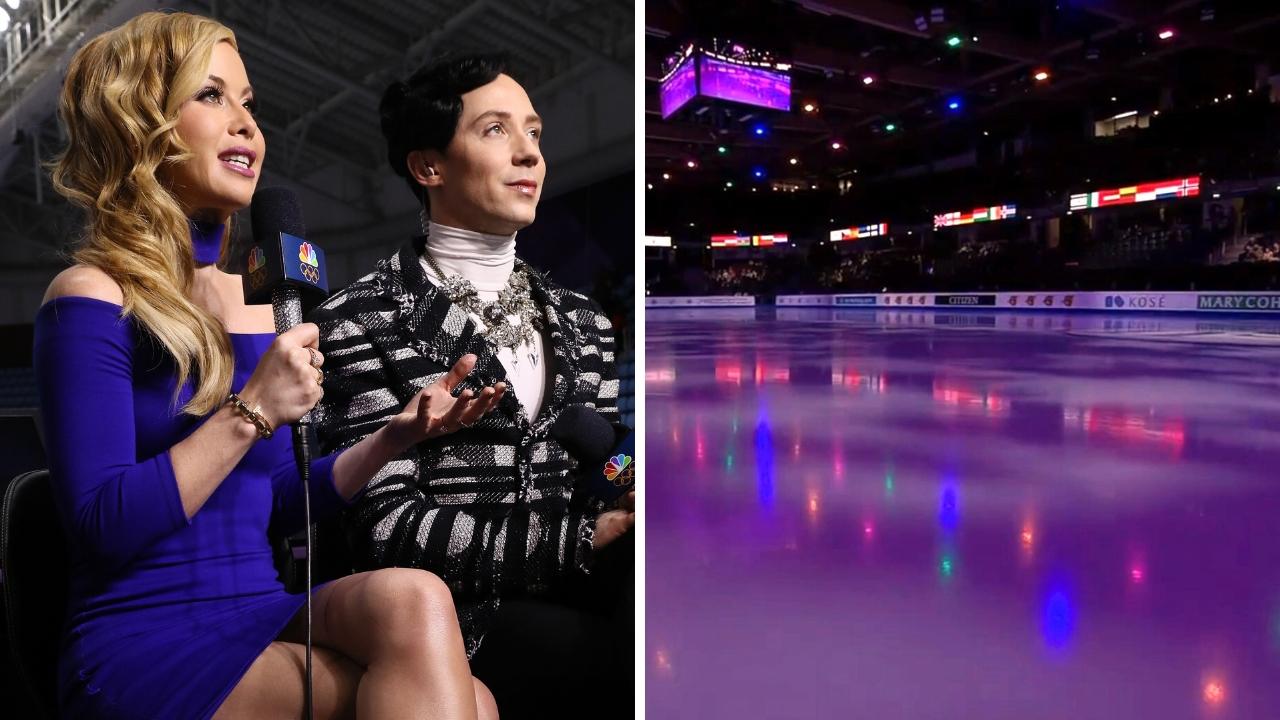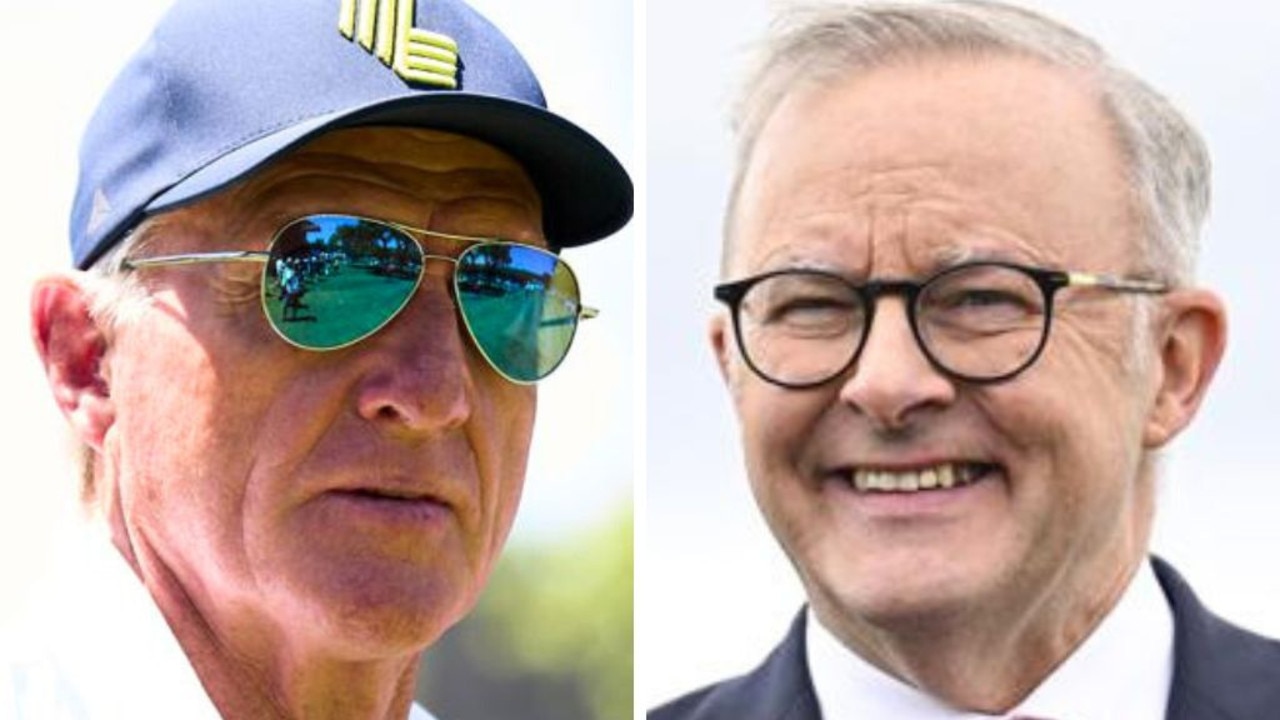Olympic nation that doesn’t exist enduring a nightmare in Paris
It’s constantly on your TV screen after competing in the Games for decades. But look this country up on a map and you won’t find it.

It’s one of the most googled questions during each Olympics – and the answer requires a bit of a history lesson.
During 2024 Paris, Taiwanese athletes are again competing under the name of a country that doesn’t exist: “Chinese Taipei.”
They’ve done so since 1984 – and despite growing calls for the name to be changed – they are doing it again this Olympics.
But this time they’re enduring a nightmare.
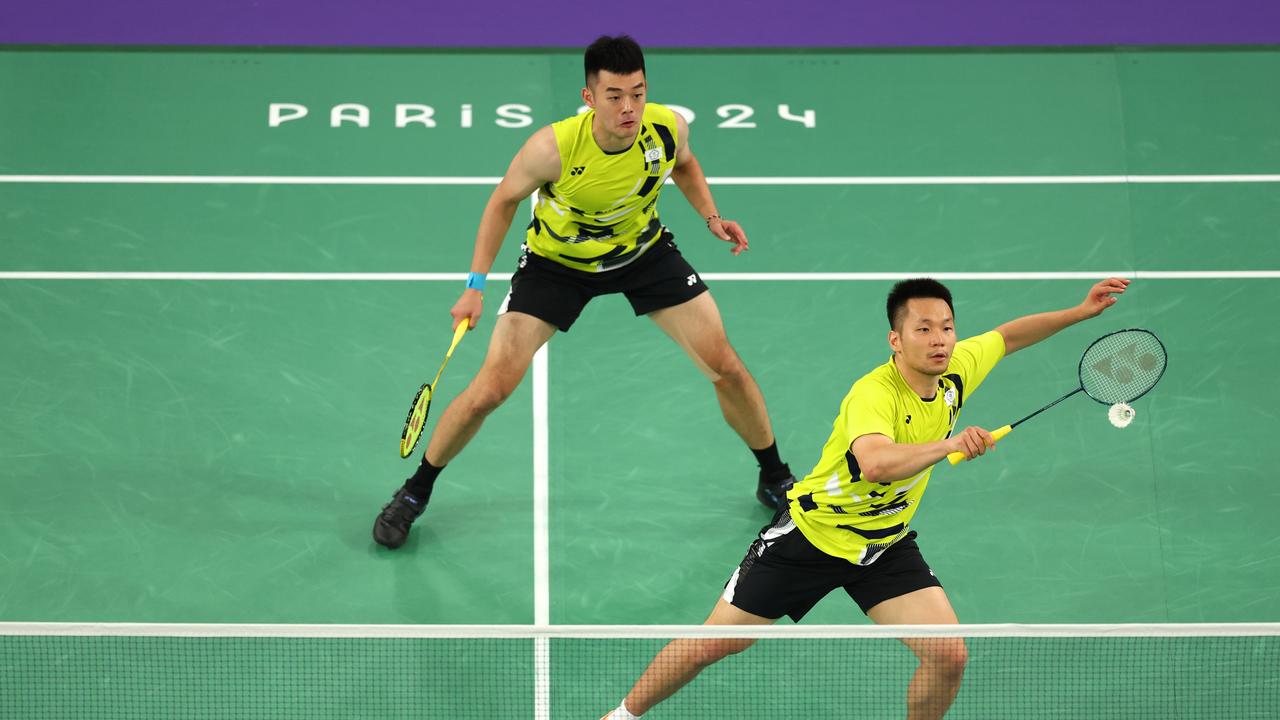
So what is Chinese Taipei and why is the name so controversial?
First the history lesson.
The issue dates back to the aftermath of the Chinese Civil War when in 1949, Taiwan broke away from China after Mao Zedong’s Communists took control of the mainland.
From then on – Taiwan was known as the Republic of China and China as the People’s Republic of China.

In 1952, Taiwan and China were both invited to the Olympics. However, when both governments claimed to represent China – Taiwan eventually dropped out.
During the next Olympics in 1956, Taiwan joined the Olympics under the name “Formosa-China”.
Formosa, which means beautiful in Portuguese, was the name Portuguese sailors in the sixteenth century gave the island, for which Taiwan is also known. China boycotted the Games and quit the IOC two years later.

In 1960, Taiwan competed under the name Taiwan - and continued to do for the next two Olympics. But during the 1970s other nations began to diplomatically recognise the Chinese government as having control over Taiwan.
After much conflict over the name, the IOC finally agreed to allow the team to compete as Chinese Taipei in 1984 – a name they have used ever since.
The name was seen as a compromise – it would allow Taiwan to be recognised by having
Taipei – the capital – in the title, without presenting itself as a sovereign nation.
Will the name ever be changed?
There have been growing calls in recent years for Taiwanese athletes to compete under the name Taiwan.
In 2018, there was a referendum on the issue which sparked warnings from both the IOC and the Chinese government.
At the time, 1968 Olympics bronze medallist Chi Cheng said Taiwan was the “sole IOC member” banned for using their own name.
“We are the only member who cannot sing our national anthem and fly our national flag. We are the only one. This shows how seriously China is suppressing us,” she said.
However, the referendum failed over fears from citizens that the nation could be kicked out of the Olympics completely.
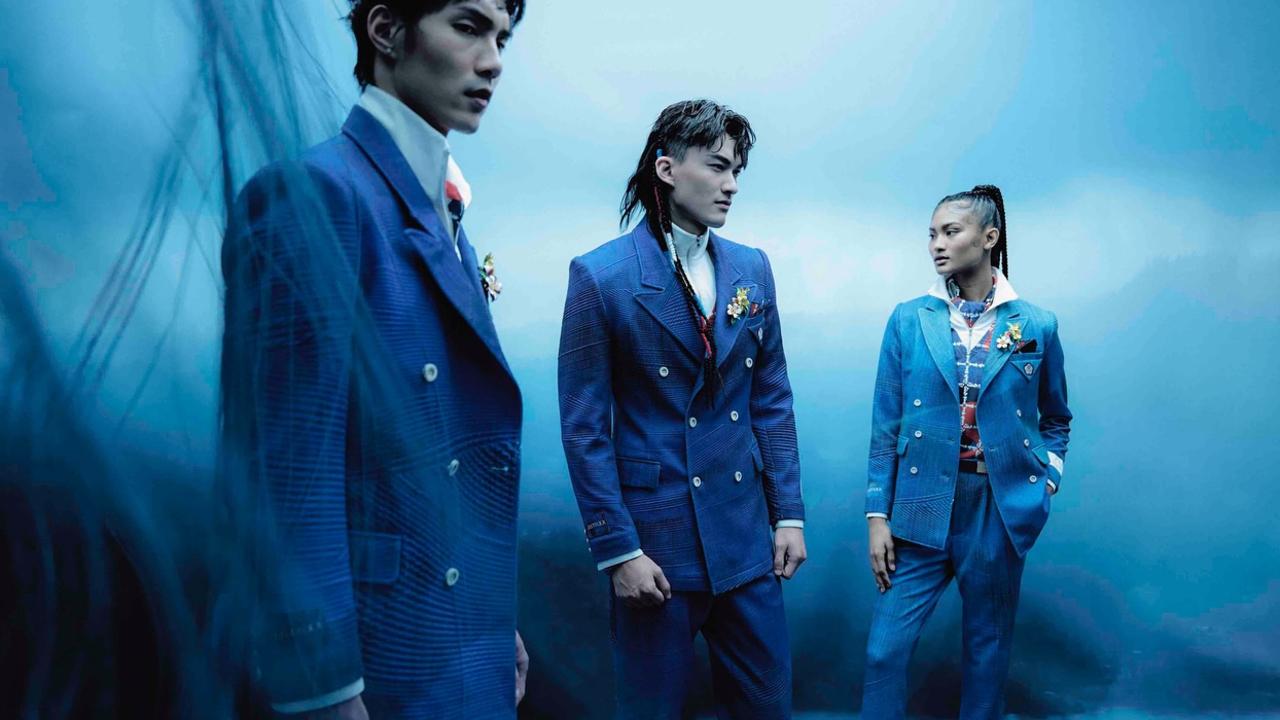
Ahead of the Paris Olympics, various social media posts were shared stating that the IOC was changing the name to Taiwan.
However, these rumours were quickly shut down by the IOC.
“The name, emblem, flag and anthem have been agreed upon a long time ago and this agreement remains unchanged and fully applicable,” the IOC said in a statement in June.
So what does the Chinese Taipei team look like?
The Taiwanese flag is not used by the team – instead, they’ve used a white “Plum Blossom Banner” that features the Olympic rings since 1981.
Instead of Taiwan’s national anthem, a traditional song is played when athletes are on the podium.
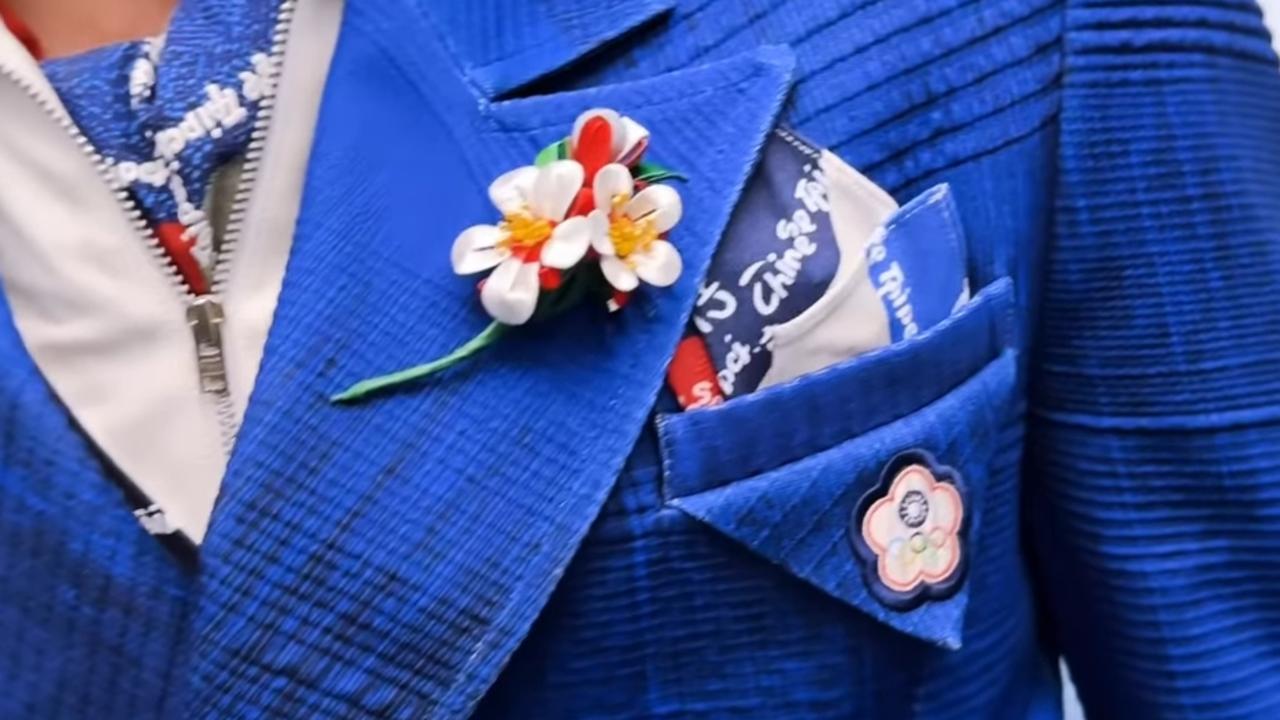
Which brings us to this year’s nightmare.
Seven days into the Olympics the song hadn’t been played.
Despite taking home a haul of 12 medals at the Tokyo Olympics and bringing a team of 60 athletes to France, Chinese Taipei is yet finish top three in a single event.
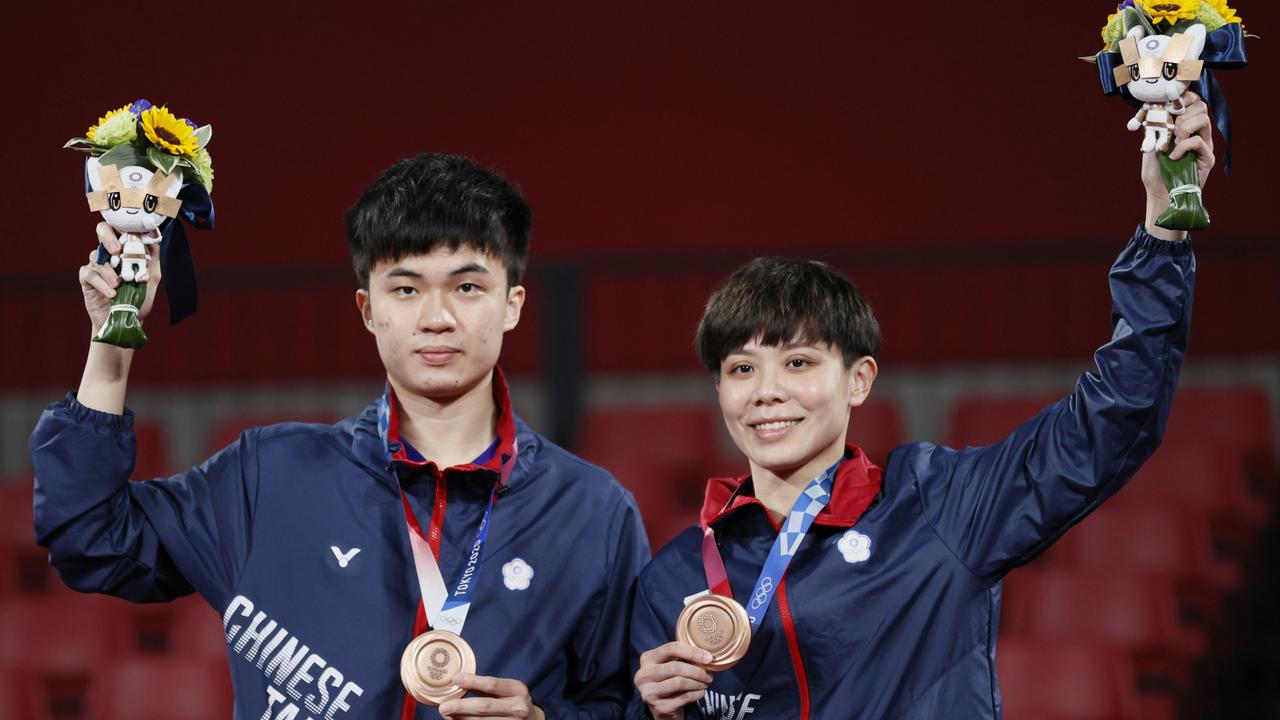
Normally a contender in badminton, archery, weightlifting and several of the martial arts, Chinese Taipei’s athletes have come up empty.
They risk leaving Paris with nothing to hang around their necks.
The team’s most notable moment was not exactly the type of Olympic spotlight it was hoping for, as controversial female boxer Lin Yu-ting created headlines as one of two fighters embroiled in a gender scandal.
For a country that doesn’t technically exist, Chinese Taipei is doing an unfortunately good job of disappearing from the medal tally.




